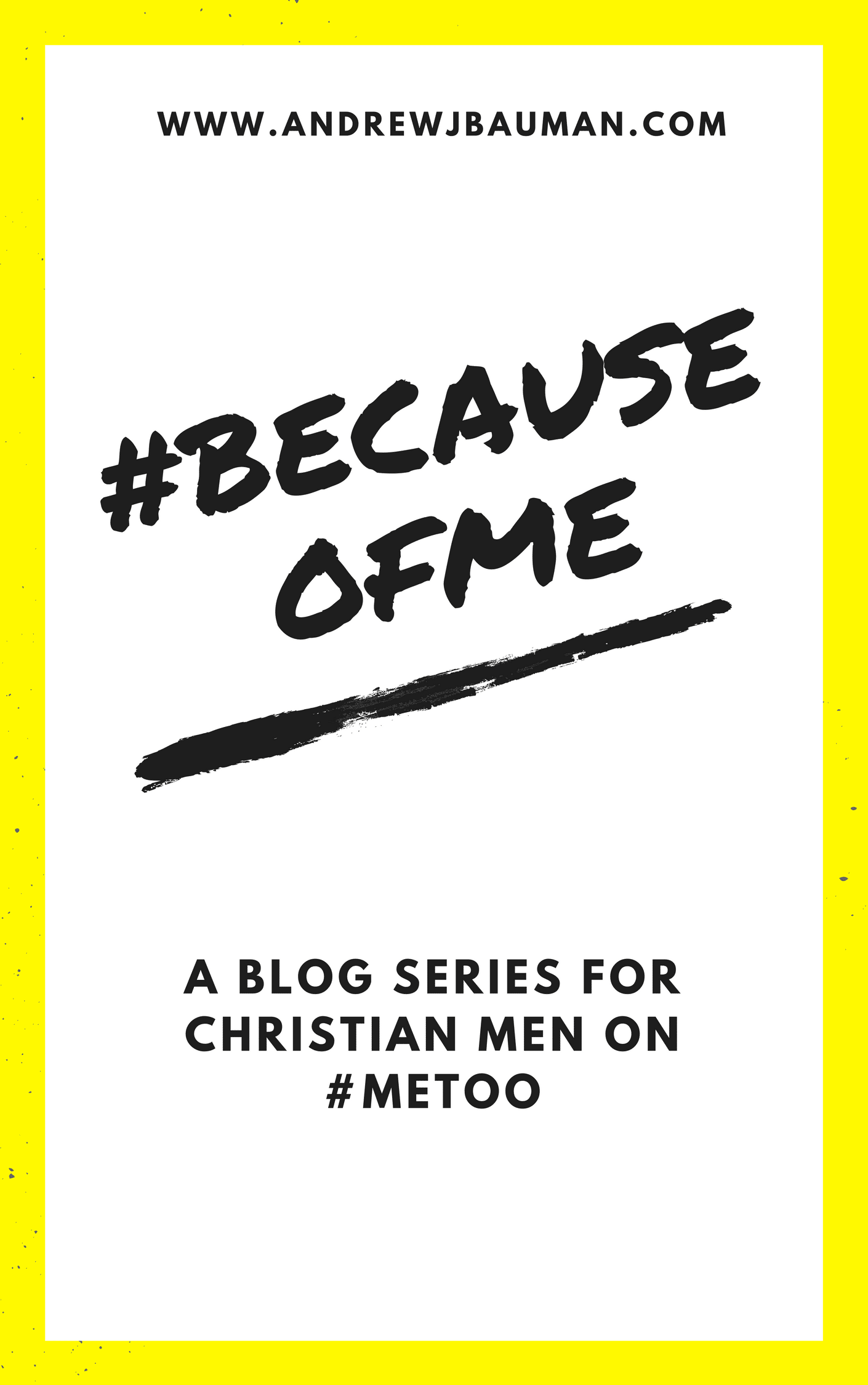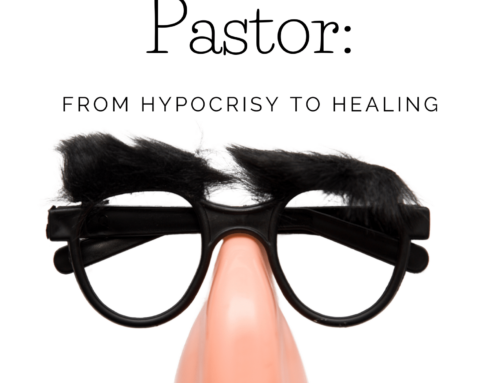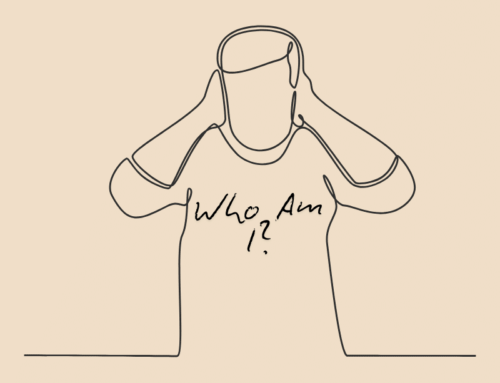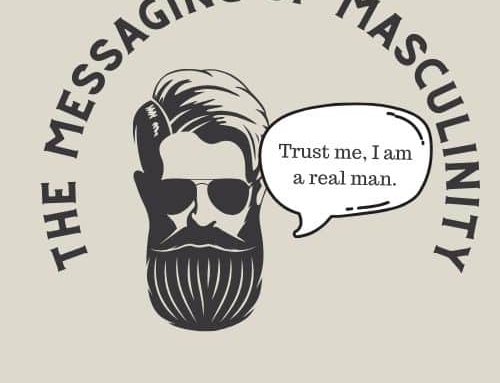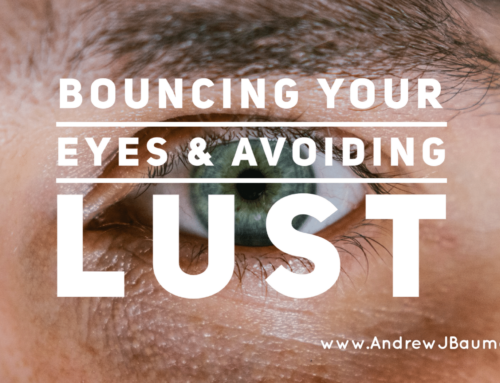Series #1
From Abuser to Advocate
In record numbers women are courageously coming forward with their horrific tales of sexual abuse, harassment, assault, and violence. Wherever you turn, whether to Hollywood or Washington DC, rural areas or urban sprawl, violence and abuse have no central location; they are everywhere. The #MeToo movement on social media has been instrumental in providing a platform for victims who would have otherwise been ignored or silenced, and bringing light to the previously dark and corrupt epidemic in our society.
Quinnipiac University national poll in 2017 found that 60% of women in the United States have been sexually harassed (Poll). The World Health Organization reports as many as 70% of women will experience physical and/or sexual violence from their intimate partner (WHO). I have been part of this problem and so have most men, whether they realize it or not.
To even acknowledge that I was an abusive man is difficult, it’s even more painful to admit that at times I still am. I have spent the past 10 years of my life working through therapy, study, and spiritual disciplines to become more respectful and sensitive to others, yet at times I still fall short.
The transformational journey from abusing women to advocating for them is one all men must take. Merriam-Webster defines an advocate as “one who pleads the case of another” and “one who defends or maintains a cause”. We cannot plead the case of women or defend their cause while we are still ignorant of our own role in their struggle. Violence and abuse against women, no matter how subtle or how prevalent, is at the core a men’s issue, and we must take it personally.
When I say I was an abusive man, I don’t mean that I hit women. I didn’t fit the typical stereotype of an abusive man. My abuse was found in my seduction, my manipulation, objectification, and even with my cutting words. I was your typical nice evangelical pastor/sexist. Women were vital to the success of our ministry, just a little bit less than men were. They couldn’t necessarily preach on Sunday mornings, but they could teach Sunday School and lead the children’s and women’s ministry. They couldn’t be at the table when the decisions were made, but they could prepare our lunch while we made the critical decisions. My abuse was covert, shrouded in Christian cultural and social norms. While not always explicitly stated, this line of thinking is very common and accepted within the Body of Christ, and when we silently allow it we are just as responsible as those who perpetrate it.
Owning Our Abuse
Before you dismiss idea that the word “abusive” could possibly apply to you with a defensive response about how you are “not that kind of man”, let’s first accurately define the term. Merriam-Webster defines abusive as: “using harsh, insulting language”; “using or involving physical violence or emotional cruelty”, and finally “characterized by wrong or improper use or action”.
This is a wide and sweeping indictment. Whether you are the archetypal jerk kicking sand in little orphaned children’s faces, or much more common scenario of the Christian man secretly using pornography and projecting his own unaddressed shame onto his wife, this word applies to you. There are parts of us good men that are abusive, and instead of cutting those parts out completely or denying their existence, we need to begin by owning their role in our lives and acknowledging that we have the agency to change them. We cannot change what we do not first own within ourselves.
Father Richard Rohr calls this part of us the “shadow self”. He writes, “The shadow is that part of the self that we don’t want to see, that we’re always afraid of and don’t want others to see either.” Our tendency is to hide or deny it, even and most especially from ourselves. Jesus, quoting Isaiah, describes our oblivion as “hearing but not understanding, seeing, but not perceiving” (Matthew 13:14-15). Addicts today call it denial. Denial is less threatening than the grief of facing our brokenness, yet grief is the doorway to heal and change how we relate to women in the future. Rohr goes onto say, “The shadow self is not of itself evil; it just allows you to do evil without calling it evil.” (Things Hidden: Scripture as Spirituality, pp. 76-77) This is an important distinction, the core of most men are good, and they are ensnared in the trap of denying their shadow self because of fear and shame.
Though the hiding of our darkness is deeply relational in that we do not want to be exposed for who we most fear we are, we first and foremost hide from ourselves. We know that if we tell ourselves the truth of our abusive ways or how deeply we despise ourselves, we will lose much of what makes us feel most like a man: our power.
